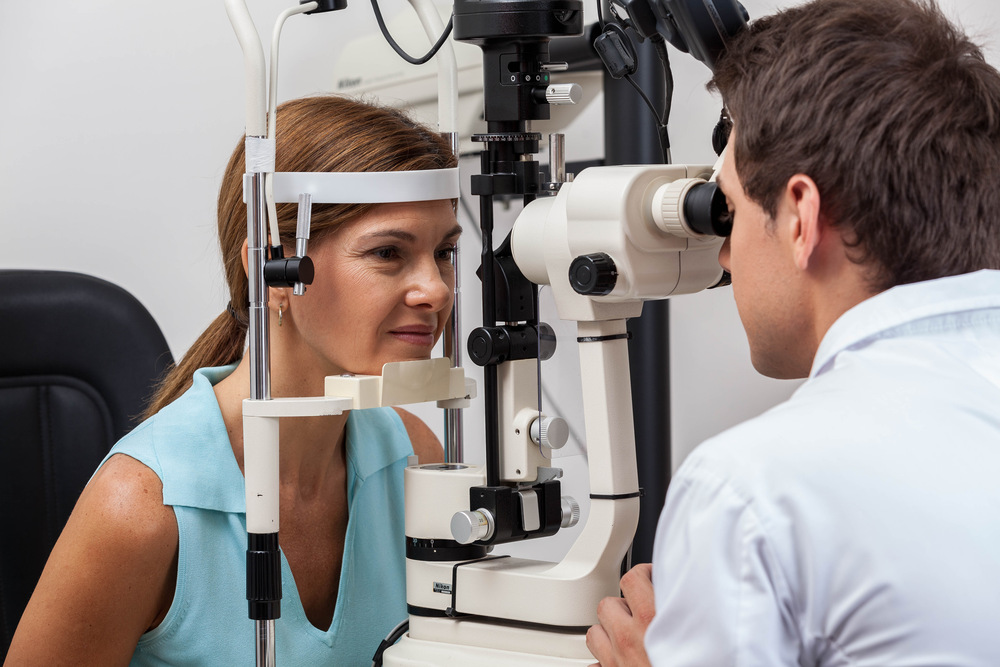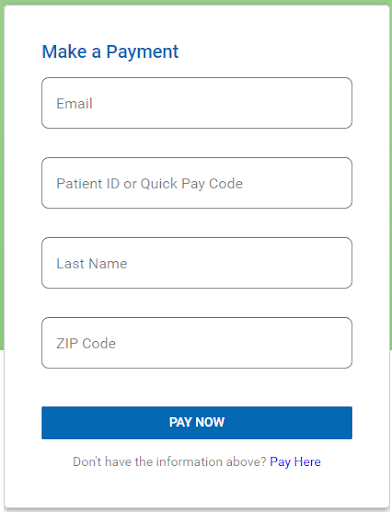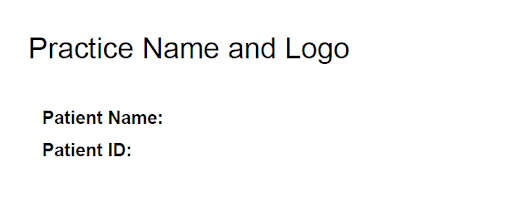Retinal Vein Occlusion (RVO)
RVO (Retinal Vein Occlusion) Overview
Just like all body parts, your eye relies on blood flow for nutrients and oxygen. A blockage in veins or arteries can prevent blood from leaving the retina, triggering retinal vein occlusion.
RVO typically occurs in one eye and can significantly affect your vision. Schedule an appointment if you notice blurry vision or other related vision impairments.
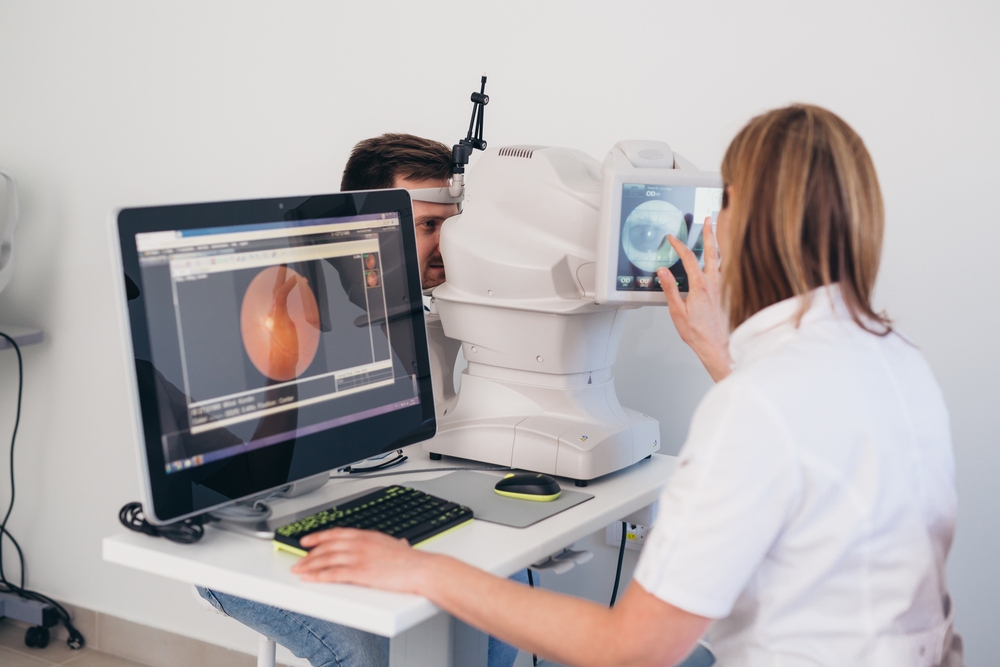
How to Respond to RVO
Have you noticed any signs or symptoms of RVO (Retinal Vein Occlusion) shown on this page? Then you should contact an eye doctor immediately for an appointment. These vision changes can be temporary or permanent, depending on your response.
RVO can lead to other vision complications like retinal detachment if not addressed promptly. Our ophthalmologists can diagnose retinal vein occlusion through a comprehensive eye exam. It’s also the best way to find a solution.
Signs of Retinal Vein Occlusion:
- Sudden change in vision (blurry, partial loss, or complete loss)
- Progressively worsening vision
- Immediate loss of vision
Related Services
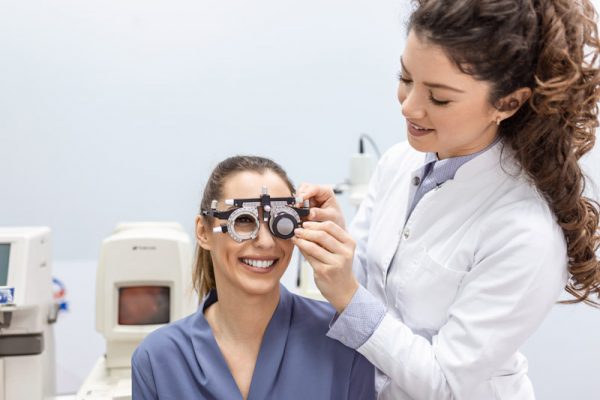
Retinal Conditions
Noticing visual issues that are getting worse? Find out if you’re suffering from a retinal condition and get it checked.

Retinal Detachment
See one of our specialists if you believe you’re suffering from retinal detachment.
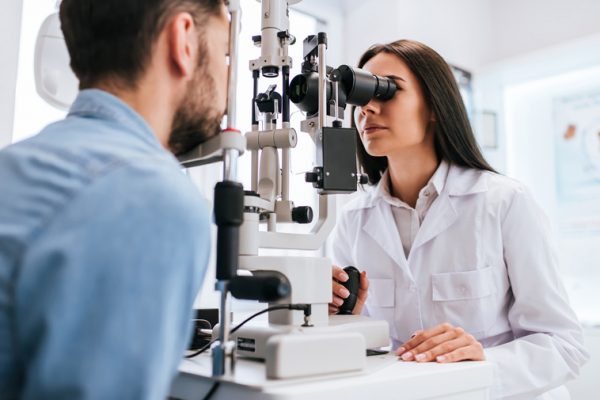
Eye Exams
Stay proactive about your eye health—it’s the best way to preserve clear vision or correct issues.
Let's Get Started
When It Comes To Eye Health, We’re Your MVP
